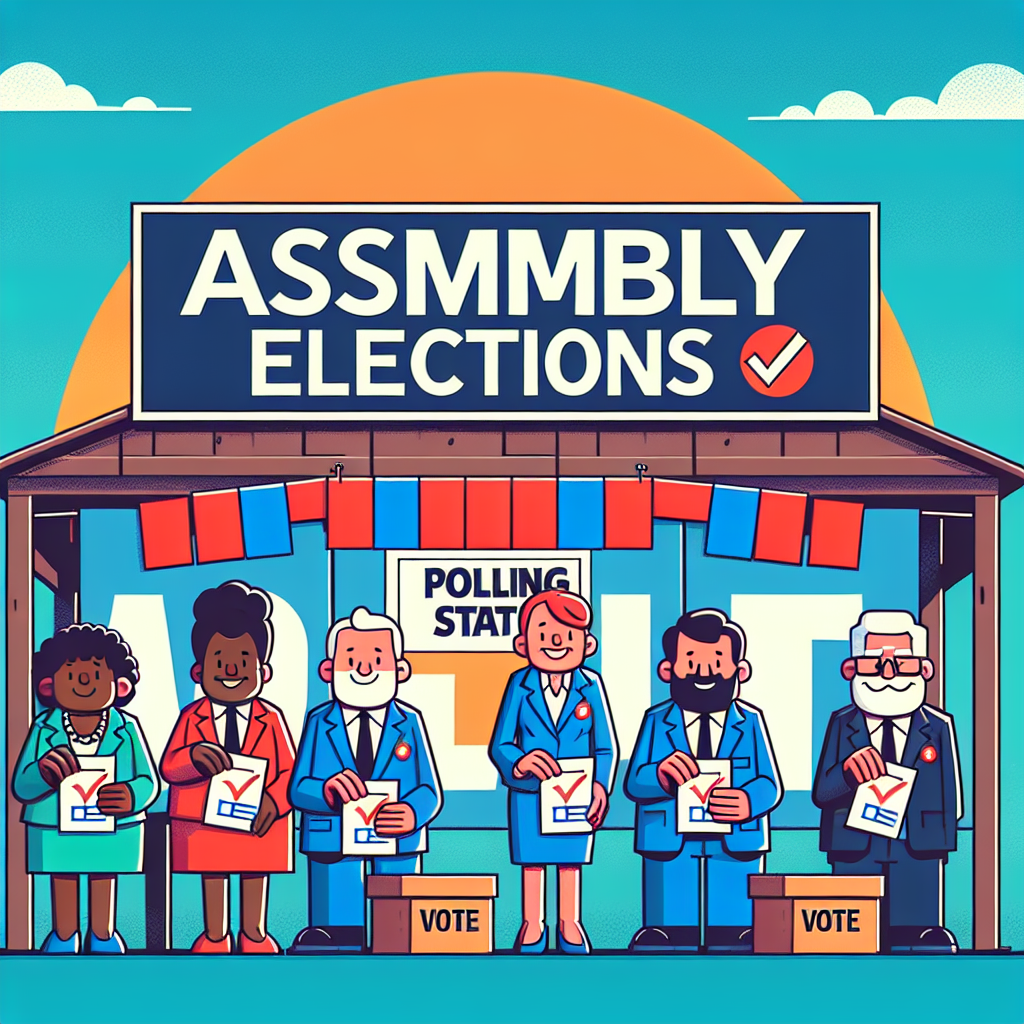Germany's Energy Policy: A Crucial Election Debate
Germany heads to the polls with energy policy at the forefront, as major parties propose varied approaches to address the nation's energy challenges post-Russia ties. CDU/CSU aims to cut costs, AfD pushes for traditional fuels, SPD supports renewable subsidies, and Greens focus on a green transition.

As Germany prepares for elections on February 23, energy policy takes center stage. This marks a significant moment as it is the first election since Germany halted its reliance on Russian gas. Major political parties have laid out their distinct energy strategies to voters.
The conservative CDU/CSU party pledges a cut in power prices and suggests a reconsideration of nuclear energy. They aim to reduce power grid fees by increasing carbon emissions permit prices, and they encourage private investments in power grids. They also propose lifting the future ban on fossil car fuel.
Meanwhile, the far-right AfD argues for maintaining conventional fuel sources, including gas and coal. They propose leaving the Paris climate agreement and reigniting the Nord Stream pipeline operations. In contrast, SPD and the Greens emphasize renewable energy, with SPD focusing on subsidies and the Greens on state borrowing for green policies.
(With inputs from agencies.)










